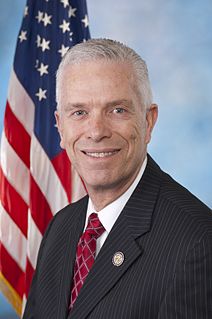A Quote by Gottfried Leibniz
For things remain possible, even if God does not choose them. Indeed, even if God does not will something to exist, it is possible for it to exist, since, by its nature, it could exist if God were to will it to exist.
Related Quotes
For me, in those days, the great question was: Does God exist? Or doesn't God exist? Can we, by an attitude of faith, attain to a sense of community and a better world? Or, if God doesn't exist, what do we do then? What does our world look like then? In none of this was there the least political colour.
I dared, for the first and last time in my life, to express a theological conclusion: "But how can a necessary being exist totally polluted with the possible? What difference is there, then, between God and primogenial chaos? Isn't affirming God's absolute omnipotence and His absolute freedom with regard to His own choices tantamount to demonstrating that God does not exist?
Doubt is not a pleasant condition, but certainty is an absurd one. What is most repellent in the System of Nature - after the recipe for making eels from flour - is the audacity with which it decides that there is no God, without even having tried the impossibility. If God did not exist, he would have to be invented." But all nature cries aloud that he does exist: that there is a supreme intelligence, an immense power, an admirable order, and everything teaches us our own dependence on it.
Let there be two possible things, A and B, one of which is such that it is necessary that it exists, and let us assume that there is more perfection in A than in B. Then, at least, we can explain why A should exist rather than B and can foresee which of them will exist; indeed, this can be demonstrated, that is, rendered certain from the nature of the thing.
It seems that God does not exist; because if one of two contraries be infinite, the other would be altogether destroyed. But the word "God" means that He is infinite goodness. If, therefore, God existed, there would be no evil discoverable; but there is evil in the world. Therefore God does not exist.
The problem of reconciling human suffering with the existence of a God who loves, is only insoluble so long as we attach a trivial meaning to the word "love", and look on things as if man were the centre of them. Man is not the centre. God does not exist for the sake of man. Man does not exist for his own sake. "Thou hast created all things, and for thy pleasure they are and were created." We were made not primarily that we may love God (though we were made for that too) but that God may love us, that we may become objects in which the divine love may rest "well pleased".
Evil does not exist sir, or at least it does not exist unto itself. Evil is simply the absence of God. It is just like darkness and cold, a word that man has created to describe the absence of God. God did not create evil. Evil is not like faith, or love that exist just as does light and heat. Evil is the result of what happens when man does not have God's love present in his heart. It's like the cold that comes when there is no heat or the darkness that comes when there is no light.








































